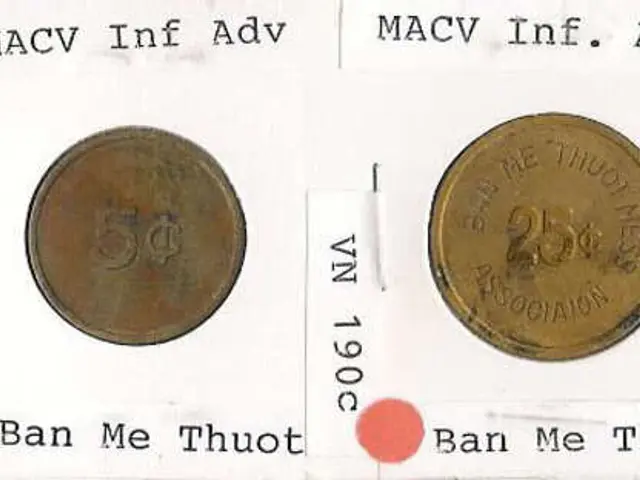Russia Restricts Access to LinkedIn, Issues Warnings to Facebook and Twitter
Russia Tightens Grip on Digital Information with New Bill
Russia's lower house of parliament has taken a significant step towards increasing government control over digital information with the passage of a bill that could designate media outlets, journalists, bloggers, and social media users as 'foreign agents'.
The bill, currently in the process of three readings, does not specify the criteria for this designation. If passed, it would allow the Russian government to exercise greater authority over these entities, a move that has raised concerns about the potential impact on user privacy.
The bill was passed on a day significant to journalists in Russia - the annual Day of Journalists.
One of the key implications of the bill is the increased government access and control over data storage systems. The state would have the ability to modify or restrict dissemination, particularly for sensitive categories such as civil servants and law enforcement personnel.
Another concern is the risk of surveillance and censorship. Russia's history of extensive monitoring systems and legal frameworks that allow broad access to communications metadata and content without warrants could be facilitated by expanded data localization.
The legislation also places restrictions on data export freedom, potentially reducing protections offered by foreign jurisdictions and complicating end-to-end encryption or secure communications handled by foreign platforms.
Foreign social media platforms, including Facebook, Twitter, Pinterest, LinkedIn, WhatsApp, and Email, will face operational challenges in complying with the new rules, which require all Russian users’ personal data to be stored and processed exclusively on servers within Russia.
The bill does not censor the content of the designated 'foreign agents', but the operational challenges and potential legal risks could pressure these platforms to conform to Russian regulatory demands that may conflict with their global privacy standards.
The passage of this bill underscores a move towards stringent data sovereignty and digital control in Russia. While the legislation is aimed at protecting Russian citizens’ data within national borders, it likely reduces users’ privacy from state surveillance and increases risks of censorship on foreign social media platforms operating within Russia.
As of July 1, 2025, Russia has enacted stricter data localization laws requiring that the personal data of Russian citizens be stored and processed exclusively on servers within Russia. These laws, coupled with the new bill, represent a tightening of government control over user data and digital information flow.
[1] [Source] [2] [Source] [3] [Source]
The bill, if passed, could lead to increased government control over social-media platforms, following the designation of media outlets, journalists, bloggers, and social media users as 'foreign agents'. This could potentially impact the privacy of users and raise concerns about the risk of surveillance and censorship.
The legislation also places restrictions on data export freedom, potentially altering the protections offered by foreign jurisdictions and complicating the use of end-to-end encryption or secure communications handled by foreign platforms, such as those offering technology for entertainment purposes like Facebook, Twitter, and WhatsApp.




